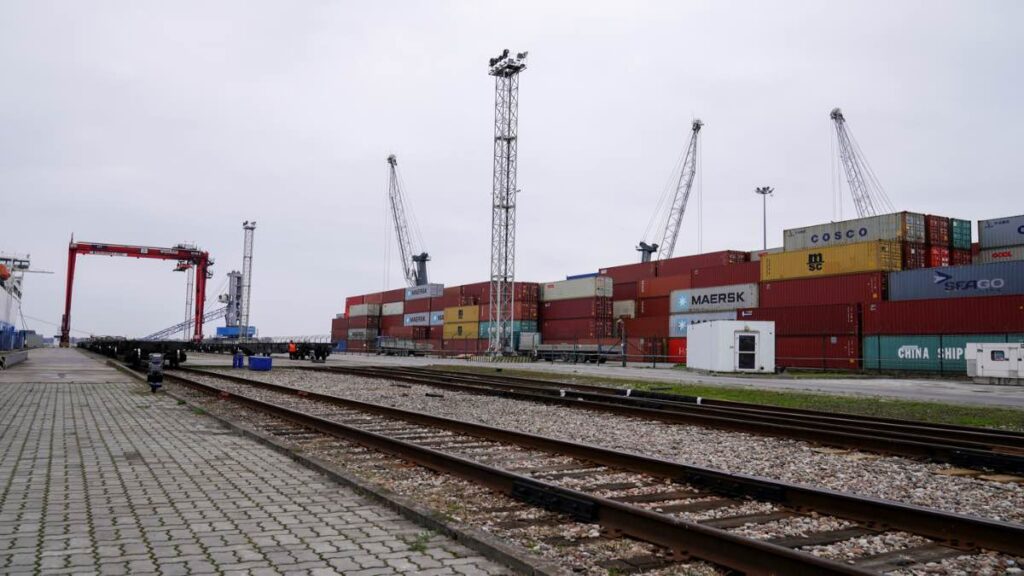
Lithuanian authorities said a ban on the transit through their territory to the Russian exclave of Kaliningrad of goods that are subject to EU sanctions was to take effect from Saturday.
News of the ban came on Friday, through a video posted by the region’s governor Anton Alikhanov.
The EU sanctions list notably includes coal, metals, construction materials and advanced technology, and Alikhanov said the ban would cover around 50 percent of the items that Kaliningrad imports.
Its immediate start was confirmed by the cargo arm of Lithuania’s state railways service in a letter to clients following “clarification” from the European Commission on the mechanism for applying the sanctions.
Urging citizens not to resort to panic buying, Alikhanov said two vessels were already ferrying goods between Kaliningrad and Saint Petersburg, and seven more would be in service by the end of the year.
“Our ferries will handle all the cargo”, he said on Saturday.
A spokesman for Lithuania’s rail service confirmed the contents of the letter but declined to comment further. The foreign ministry did not reply to a request from Reuters for comment.
Lithuanian Deputy Foreign Minister Mantas Adomenas told public broadcaster his institution was waiting for “clarification from the European Commission on applying European sanctions to Kaliningrad cargo transit”.
Sandwiched between EU and NATO members Poland and Lithuania, Kaliningrad receives supplies from Russia via rail and gas pipelines through Lithuania.
Home to the headquarters of Russia’s Baltic sea fleet, the enclave was captured from Nazi Germany by the Red Army in April 1945 and ceded to the Soviet Union after World War Two.
VILNIUS (Reuters)